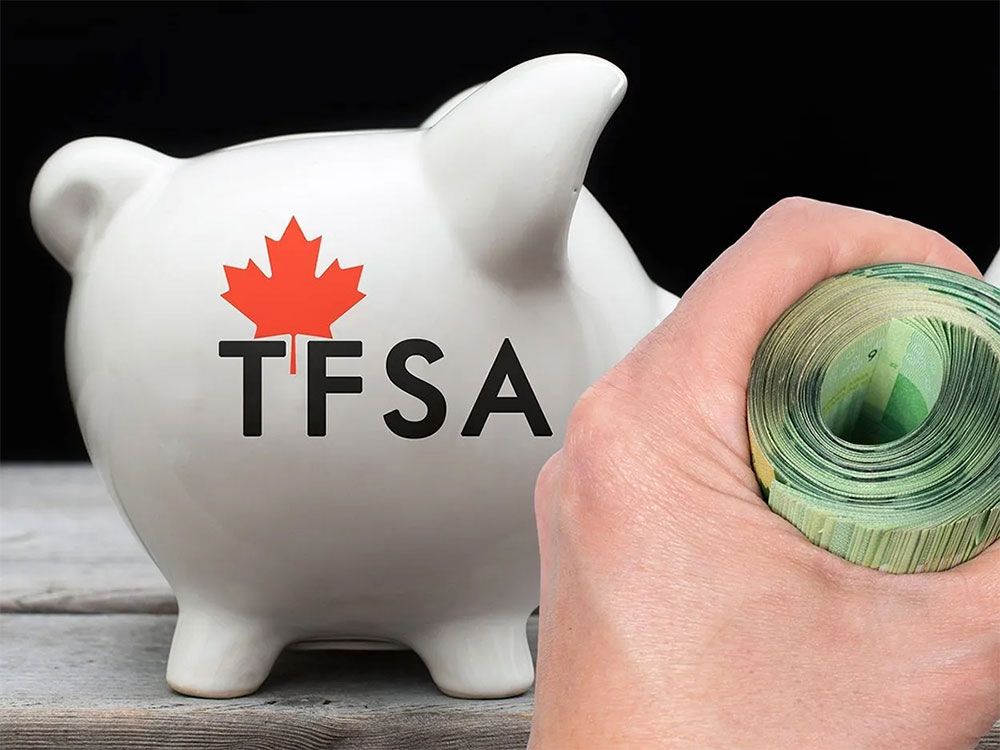How Can I Reduce Taxes On My Estate So My Children Inherit More?

Q. I’m 72 years old and doing some estate planning and I’m looking for ways to reduce taxes on the estate I leave my four children. I have topped up my tax-free savings account (TFSA) already. I’m at the stage where I have to make yearly registered retirement income fund (RRIF) withdrawals which elevate my pension income and which in turn raise my income taxes. Last fall, I moved to Nova Scotia, which has a higher tax rate than Ontario, so I’m now being taxed more heavily than before. Also, when I die my RIFF investments will be treated by the Canada Revenue Agency (CRA) as sold all at once and will become income for that one year, so that income and taxes will be higher. It’s frustrating. Can you provide any strategies to reduce taxes on the estate? — Fred T.
FP Answers: Tax, tax, and more tax! I hear your frustration. It’s like we can’t even take a step without paying tax. As Canadians we are legally allowed to arrange our financial affairs to reduce the amount of income tax we pay, but there is only so much we can do. In your case you are forced to make RRIF withdrawals which are causing you to pay more tax and possibly lose more of your Old Age Security (OAS). Plus, you’re finding yourself paying more tax because you’re living in a province with a higher tax rate. It doesn’t seem fair.
When it comes to determining a person’s provincial residence status , it is wherever you reside on Dec. 31. That is the rule and it is simple and easy to interpret, which is good, even if it may not seem fair in all cases.
One way is to reduce taxes on your estate so your kids will inherit more money is to give it to them before you die. If not, you may be at risk of dying with too much money. This means you will end up paying a lot of tax on your death, and worse, it means you didn’t spend more and do more, or help your kids, when you could have. The risk of dying with too much is sometimes associated with not having a good handle on what your money can do for you over your lifetime.
Once you feel secure and confident that you have more than enough money to provide for your lifestyle, start thinking about family wealth rather than your own personal wealth. What tax shelters are available to all family members?
The more common tax shelters that may be available to your children are registered retirement savings plans (RRSPs), TFSAs, registered education savings plans (RESPs), First Home Savings Account (FHSAs) and principal mortgage payments. Would you be comfortable gifting money or working with your children to help them build wealth for themselves and their family?
This ties into your estate and RRIF withdrawal concerns. The best thing to do with unspent RRIF withdrawals is to add them to a TFSA if you have the room. If you don’t have the TFSA room, the money is going to accumulate in a non-registered account where you will end up paying tax on annual distributions, probate tax on the accumulated total, while at the same time likely facing additional OAS clawback. This is a time to consider building family wealth using family tax shelters.
In many cases withdrawing extra money from a RRIF to add to a non-registered account, which is subject to taxation and probate, leads to a smaller after-tax estate than only taking minimum RRIF withdrawals. The big advantage of a RRSP/RRIF, which is often overlooked, is the tax-free compounding accumulation inside the account. Sure, leaving the RRIF to accumulate means paying more tax on death, but it also often means leaving a larger estate. The Canadian Foundation for Financial Planning provides further evidence .
Fred, I hear your frustration around tax and feeling penalized for saving and investing throughout your life while supporting yourself and your family. Give some thought to making use of family tax shelters. When it comes to your RRIF, don’t focus solely on the final, painfully obvious tax; it may be misleading. Have a financial planner show you the estate difference between minimum RRIF withdrawals versus larger RRIF withdrawals to invest in a non-registered account, so you know for yourself.
- Can my sister subtract $14,000 from my inheritance for help my dad gave me when I lost my job?
- FP Answers: Does it make sense to use my home equity for borrowing and investing?
Allan Norman, M.Sc., CFP, CIM, provides fee-only certified financial planning services and insurance products through Atlantis Financial Inc. and provides investment advisory services through Aligned Capital Partners Inc., which is regulated by the Canadian Investment Regulatory Organization. He can be reached at alnorman@atlantisfinancial.ca.
Popular Products
-
 Fake Pregnancy Test
Fake Pregnancy Test$61.56$30.78 -
 Anti-Slip Safety Handle for Elderly S...
Anti-Slip Safety Handle for Elderly S...$57.56$28.78 -
 Toe Corrector Orthotics
Toe Corrector Orthotics$41.56$20.78 -
 Waterproof Trauma Medical First Aid Kit
Waterproof Trauma Medical First Aid Kit$169.56$84.78 -
 Rescue Zip Stitch Kit
Rescue Zip Stitch Kit$109.56$54.78